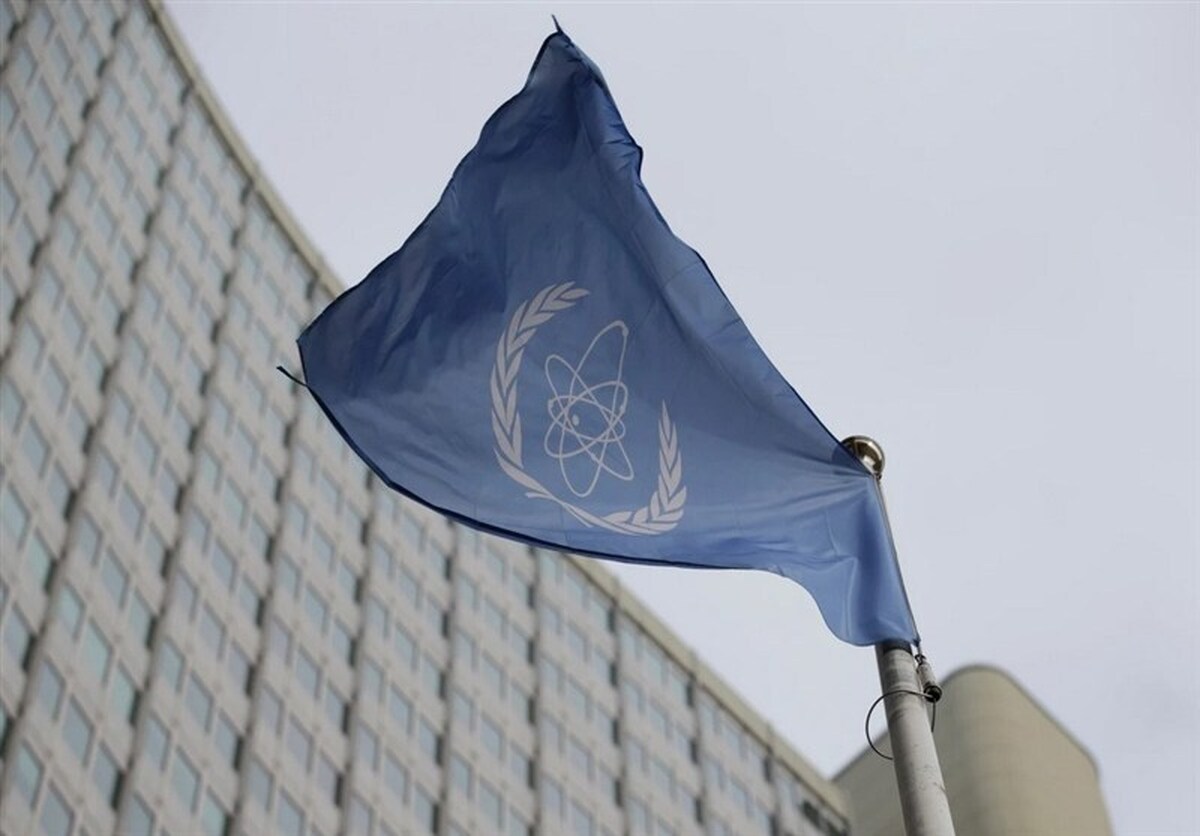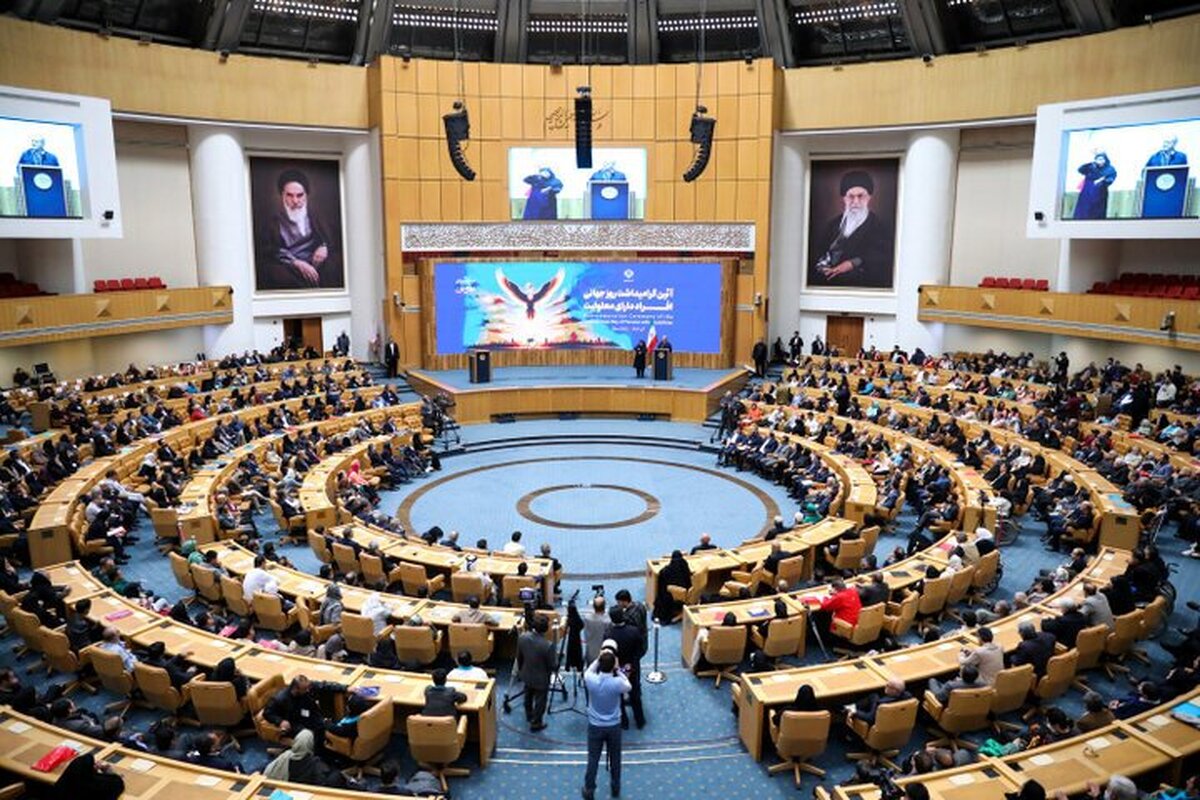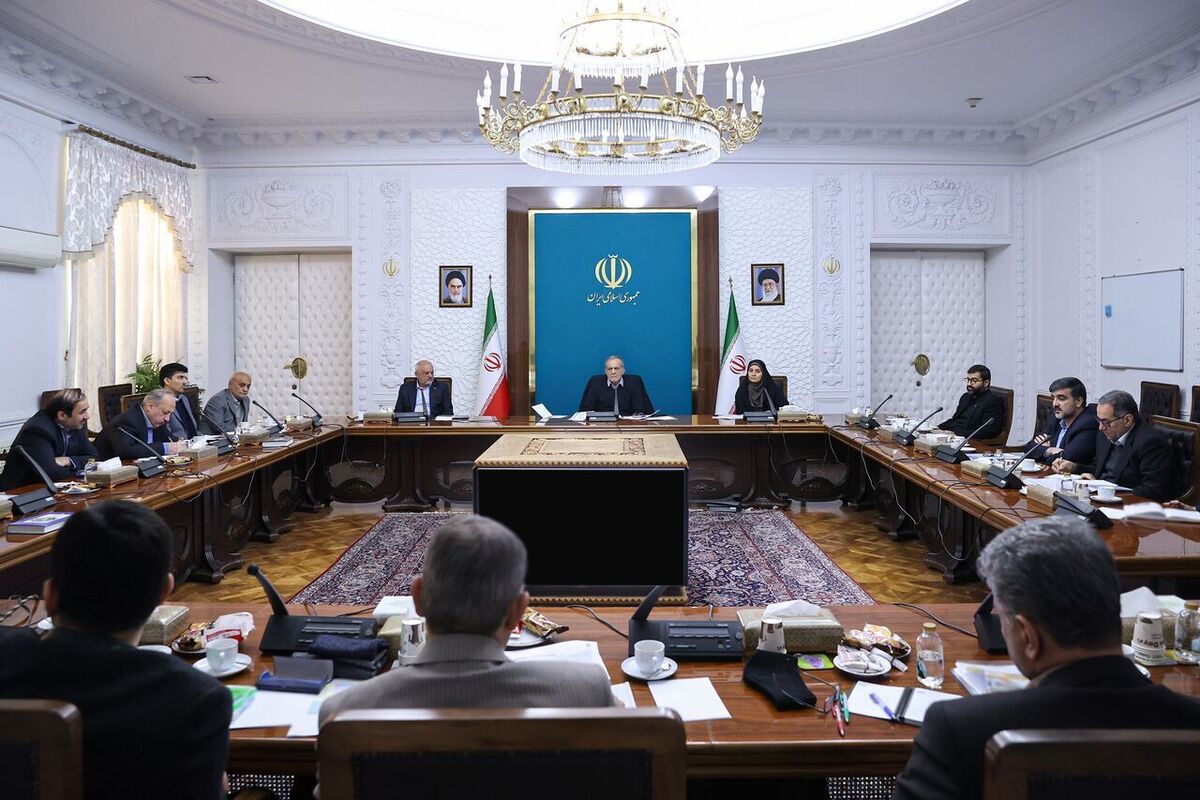
IAEA resolution and Iran countermeasures; What has happened?
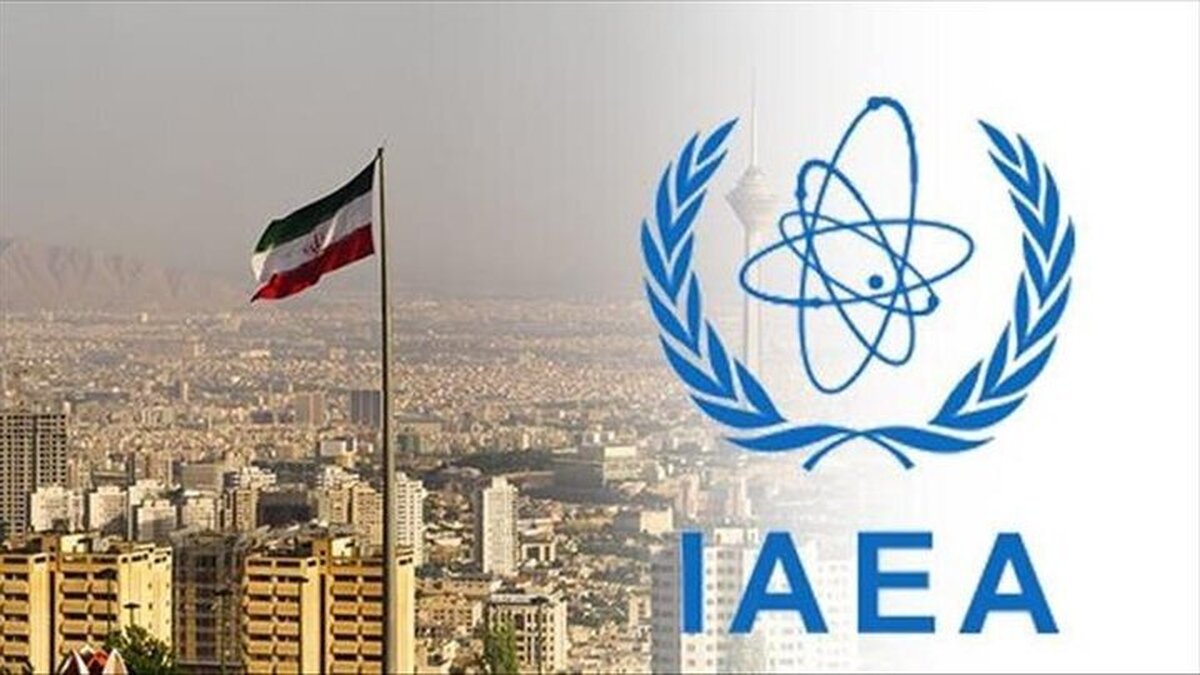
The IAEA’s latest resolution against Iran triggered a fierce backlash from Tehran, announcing major nuclear steps. What really happened, and what comes next?
In a move that sparked swift and fiery reactions from Tehran, the Board of Governors of the International Atomic Energy Agency (IAEA) on Thursday adopted a politically charged resolution accusing Iran of non-compliance with its safeguards obligations. Iran responded within hours, announcing the expansion of its nuclear program, denouncing the resolution as a Western maneuver, and reaffirming its right to peaceful nuclear energy under the Nuclear Non-Proliferation Treaty (NPT).
The U.N. nuclear watchdog's 35-nation Board of Governors passed a resolution declaring Iran in alleged breach of its non-proliferation obligations for the first time in almost 20 years. The political resolution was proposed by the United States and the European troika.
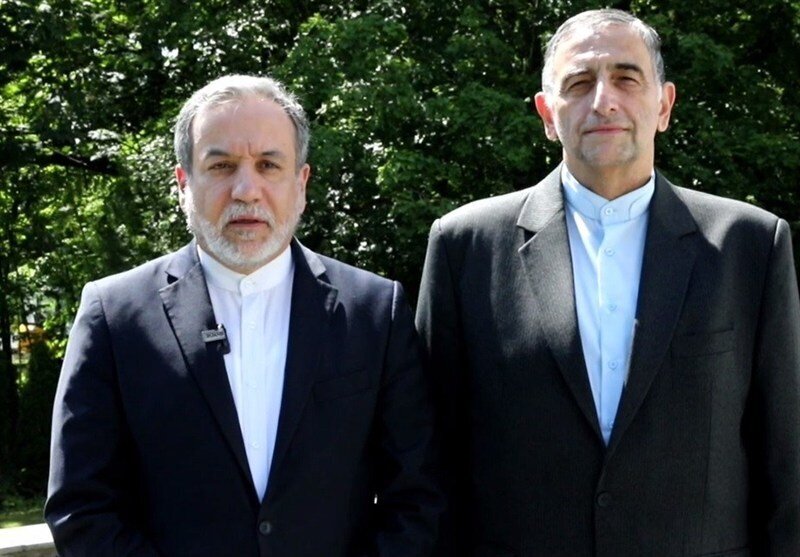
Iran’s Peaceful Nuclear Program: Misrepresented by West
For over two decades, Iran has repeatedly asserted that its nuclear program is—and always has been—entirely peaceful. Citing its obligations under the NPT, Tehran maintains its sovereign right to enrich uranium for civil purposes, including energy production and medical research.
Iran has long opened its nuclear facilities to IAEA inspections. It allowed surveillance cameras, periodic inspections, and transparency measures under the now-dormant Joint Comprehensive Plan of Action (JCPOA), often going beyond legal requirements.
Despite this, Iran argues that the Western narrative continues to paint its nuclear activities in a sinister light, largely ignoring decades of cooperation and presenting technical disputes as deliberate obstruction.
Despite recent Western media headlines, Iran's nuclear agenda remains exclusively peaceful. Tehran maintains that all enrichment activities are geared toward civilian energy production and medical use, not weapons development. As a signatory to the NPT, Iran insists on its legal right to uranium enrichment under international oversight, and there’s no credible evidence it seeks nuclear armament.
IAEA Resolution: A Political Document in Technical Disguise
The June 12 resolution, introduced and backed by the U.S., France, Germany, and the UK, claims Iran failed to provide credible explanations for nuclear material found at undeclared sites. While these claims date back years, Western officials used them as grounds to accuse Iran of a lack of transparency.
However, Tehran views the resolution as yet another instance of politicizing a technical matter. Iranian officials argue that the IAEA is being exploited as a tool to exert political pressure, particularly as negotiations with the U.S. are ongoing.
Iran's Response; Decisive and Shocking
The Iranian officials did not delay in reacting. Within minutes of the resolution’s adoption, the Atomic Energy Organization of Iran (AEOI) announced two major countermeasures:
Construction of a third uranium enrichment site, in addition to Natanz and Fordow.
Installation of new-generation IR-6 centrifuges at Fordow, accelerating enrichment capacity.
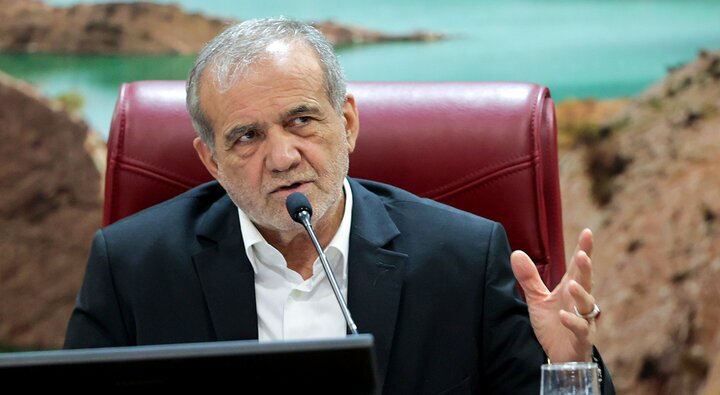
Iranian Officials' Reaction to IAEA Resolution
In a joint statement issued minutes after the resolution was adopted, the Foreign Ministry of the Islamic Republic of Iran and the Atomic Energy Organization of Iran (AEOI) strongly condemned the resolution.
The statement described the move as a politically motivated and legally unfounded exploitation of the IAEA’s Board of Governors, lacking any technical basis.
“Iran has always adhered to its safeguards obligations,” the statement said, emphasizing that none of the Agency's reports have cited any non-compliance or diversion in Iran’s nuclear materials or activities.
The statement added that while Iran regards the Agency’s report as entirely political and biased, these four countries have gone even further and drafted a resolution whose core contents contradict the same politicized report issued by the Director General.
Since the US, France, Germany, and the UK are pursuing their own political agendas and have found no ambiguity in Iran’s current nuclear activities, they have turned to allegations dating back more than 25 years, attempting to re-emphasize some of them—despite the fact that all such past claims were closed under the IAEA’s November 2015 resolution, it added.
These actions by the four countries are taking place while they remain silent on the fact that the Zionist regime is yet not a member of the Non-Proliferation Treaty (NPT) and continues to develop weapons of mass destruction program, including nuclear weapons. They have also taken no action regarding the Israeli regime’s threats to attack the peaceful nuclear facilities of NPT member states, it reads.
On the other hand, the United States, the United Kingdom, and France have failed to fulfill their obligations under Article VI of the NPT concerning nuclear disarmament, while Germany continues to host these deadly and inhumane weapons.
"This move by the four countries completely undermines the credibility and reputation of the International Atomic Energy Agency and further exposes the political nature of this international body."
"Such political treatment of a country that has always abided by its commitments and maintained extensive cooperation with the Agency leads us to conclude that a policy of engagement and cooperation yields the opposite result."
"In this regard, we express our appreciation to the members of the Board of Governors who voted against or abstained from the resolution, and we condemn and denounce the political behavior of the countries that voted in favor of it."
"As we have stated previously, the Islamic Republic of Iran has no choice but to respond to this political resolution," it concluded.
Behrouz Kamalvandi, spokesperson for the Atomic Energy Organization of Iran (AEOI), strongly criticized the resolution passed by the IAEA Board of Governors, calling it a strategic miscalculation by the West.
“They wrongly believe political pressure can force Iran to retreat from its rightful positions,” Kamalvandi said on Thursday. “We had already warned that we would adjust our actions accordingly.”
As part of Iran’s response, Kamalvandi announced the activation of a third enrichment complex, along with a major upgrade of Iran’s centrifuge systems.
“We will replace our first-generation centrifuges with sixth-generation machines,” he said, adding that uranium enrichment will rise significantly in both volume and efficiency.
Iranian Foreign Ministry spokesman has strongly condemned the anti-Iran resolution approved at the IAEA’s Board of Governors against the peaceful nature of Iran’s nuclear program.
Esmaeil Baghaei denounced the actions of three European countries (UK, France and Germany) and the United States in instrumental use of the International Atomic Energy Agency's Board of Governors to cast doubt on the peaceful nature of Iran's nuclear program.
Baghaei categorically rejected the baseless and unfounded claims envisioned in the resolution of the IAEA Board of Governors, which was approved on Thursday based on the joint proposal of France, Britain, Germany, and the United States and according to the political report of the IAEA Director General.
He termed the adoption of the anti-Iran resolution at the IAEA BoG as an unjustified, groundless, and cruel move, stating that the anti-Iran resolution was approved with the aim of exerting maximum pressure on Iran to deviate from the legitimate rights and interests of the Iranian people in the peaceful use of nuclear energy.
The Iranian diplomat attributed the responsibility for the effects and consequences of this unjustified and destructive action to the masterminds of the anti-Iran resolution, emphasizing that the Islamic Republic of Iran will take proportionate measures in response to this move to secure and protect the interests and inalienable rights of the Iranian nation in benefiting from peaceful nuclear energy.
Elsewhere in his remarks, Baghaei expressed deep regret over the biased performance of the IAEA director general regarding the Iranian nuclear issue and his provocative interviews regarding Iran's nuclear program.
He pointed to the IAEA chief’s direct responsibility for undermining the Agency's professional credibility and called on him to adhere to his missions and duties in accordance with the Agency's statute.
He seized this opportunity to thank China, Russia, Venezuela, Cuba, Nicaragua, and Belarus, that issued a joint statement expressing their responsible and legal positions in rejecting the resolution, and emphasized the determination of the Iranian nation to protect their rights and interests in accordance with the United Nations Charter and the Non-Proliferation Treaty.
Iran’s Parliament Speaker says cooperation with the IAEA has backfired, calling Tehran’s countermeasures a legitimate response to the IAEA's anti-Iran resolution.
Mohammad Bagher Ghalibaf has strongly criticized the anti-Iran resolution passed by the IAEA Board of Governors, calling it “biased” and a sign that cooperation with the agency yields counterproductive results.
Ghalibaf stated that the Islamic Republic will respond with firm reciprocal measures, including the deployment of advanced centrifuges, the launch of a new enrichment facility, and the reduction of oversight.
“The biased resolution of the Board of Governors shows that cooperation with the IAEA leads to the opposite of constructive engagement,” he said.
Ghalibaf emphasized that Tehran sees these steps as a legitimate and sovereign response to the West's excessive demands.
Iran's nuclear chief announced the launch of a new secure and invulnerable nuclear facility site, adding that the uranium enrichment process will begin at the new site once the centrifuge installation and setup are completed.
Mohammad Eslami said Iran will launch a third uranium enrichment facility in a secure location and replace first-generation centrifuges at the Fordow site with advanced sixth-generation machines.
Speaking on Thursday, Eslami stressed that the new measures are part of Iran’s response to the political and psychological measures led by the US and three European states—Germany, the UK, and France—under the influence of Israeli pressure.
“The new site is fully constructed and located in a secure, invulnerable location. As soon as centrifuge installation and setup are complete, enrichment will begin.”
He further criticized the IAEA resolution, which he said falsely accused Iran of failing to meet its JCPOA commitments.
"The Board of Governors' resolution was mischievous," Iranian President Masoud Pezeshkian said, adding that Iran will continue uranium enrichment.
Pezeshkian reaffirmed Iran’s determination to continue its nuclear activities, saying the country will not retreat from its right to uranium enrichment despite mounting pressures.
Speaking at a public event, Pezeshkian honored the memory of Iran’s nuclear martyrs and stated, “We will continue our path. Enrichment will go on, and we will not back down from the current trend.”
He emphasized that Iran’s nuclear knowledge is deeply rooted and cannot be eliminated by military action. “Even if they bomb our facilities, our capabilities lie in our minds. Whatever they destroy, we will rebuild.”
Iran's Foreign Minister Abbas Araghchi said that the anti-Iran resolution adopted by the IAEA would complicate the process of nuclear talks between Tehran and Washington, which is slated to be held in Muscat on Sunday.
Conclusion
Iran’s sharp and calculated response to the IAEA’s resolution underscores one core message: pressure tactics will not yield submission. Instead, such moves only reinforce Tehran’s stance that sovereignty and national dignity cannot be negotiated under duress. By accelerating its nuclear activities and signaling a firm rejection of political pressure, Iran is making it unequivocally clear that any attempt at coercion will be met not with concession, but with measured and strategic defiance.



